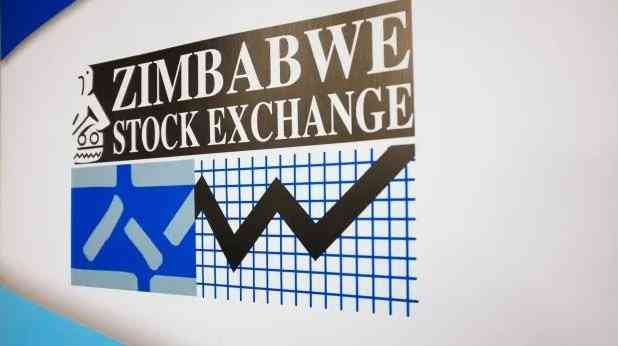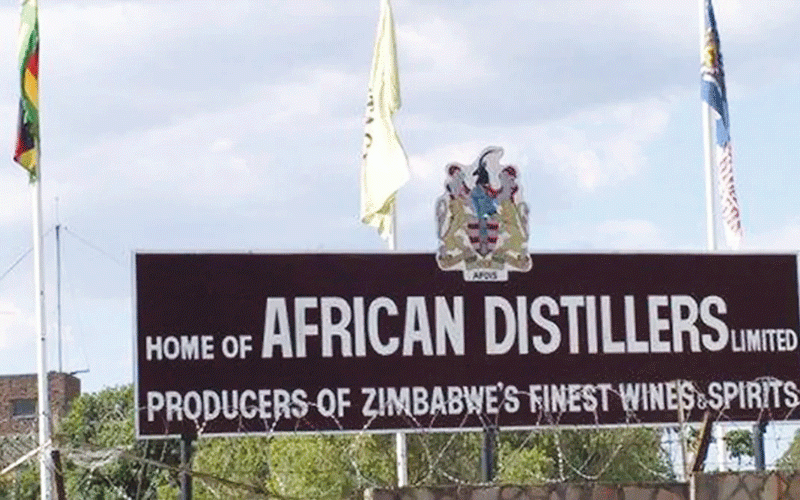EMPLOYERS have called for the abolishment of Intermediated Money Transfer Tax (IMTT) arguing that it has now become a heavy burden on formal businesses, contributing to the growth of a highly informalised economy in Zimbabwe.
This comes a day after the Zimbabwe National Statistics Agency revealed that the informal market has grown substantially by at least 16 percentage points to 76,1% as more businesses head to the shadows due to over taxation, red tape, and policy uncertainty.
Treasury introduced the IMTT to tax the informal sector which generates an average of US$38,9 million daily, based on central bank statistics, mostly through mobile money platforms.
In 2024, the Ministry of Finance, Economic Development and Investment Promotion standardised the IMTT at 2% for both United States dollar and Zimbabwe Gold (ZiG) transactions, up from 1% for the former.
However, the intended effect of the IMTT has only added a further tax burden to formal businesses as informal businesses responded by doing more hard cash transactions.
- Afdis to prioritise profitability, margins
- RTG sinks US$500K into New Ambassador Hotel ‘comforts’
- Council facilitates creation of 9 000 youth-run businesses
- Revitus declares US$38K dividend in Q1
- Stanbic Bank donates autoclave machine to Ingutsheni Hospital
Speaking at the Employers Confederation of Zimbabwe (Emcoz) 2025 conference on Thursday, under the theme ‘Negotiating Resilient Collective Bargaining Agreements’, Emcoz vice president Farai Dube called for the IMTT’s scrapping.
“First of all, we should abolish the tax rate because it does not add value. This must be realigned with a rationalisation of regulatory fees. It creates room for what the Treasury and the business owners would need…The IMTT should be abolished,” he said, standing in for Emcoz president Demos Mbauya.
“It discourages the use of electronic payment methods, which are critical for enhancing financial inclusion and reducing transaction inefficiency.”
The proliferation of mobile money transfers comes as there were 15 893 626 active mobile subscriptions as of March.
Dube said the IMTT had failed to serve its purpose and fuelled informal businesses to use hard cash.
“The IMTT’s objective was to tax the informal business to formal, however this has not been the case because most informal business relies on tax-convection, and the tax affects formal companies more than the informal,” he said.
Dube added that the 2025 Monetary Policy Statement, an annual policy document from the Reserve Bank of Zimbabwe, had attracted low business activities.
“Following the announcement of the 2025 Monetary Policy, we have witnessed a lot of different activities, with some of them pronounced major. Business continues to experience inflationary threats and the exchange rate distortion is causing a lot of problems,” he said.
“Planning has been a daunting task for businesses in an environment which currently is unstable. So, we need to take on money supply by maintaining a tight monetary policy to stabilise the exchange rate and prices.”
He said Emcoz was working on a mutually beneficial agreement to promote a positive and productive working environment.
“We believe that the resilience of collective bargaining agreements should prioritise fairness, transparency and open public discussion. We are committed to working collaboratively with unions to identify solutions that meet all parties,” Dube said.
Economist and researcher Prosper Chitambara said over taxation had become a burden to most businesses which required a serious relook of some of the tax heads.













